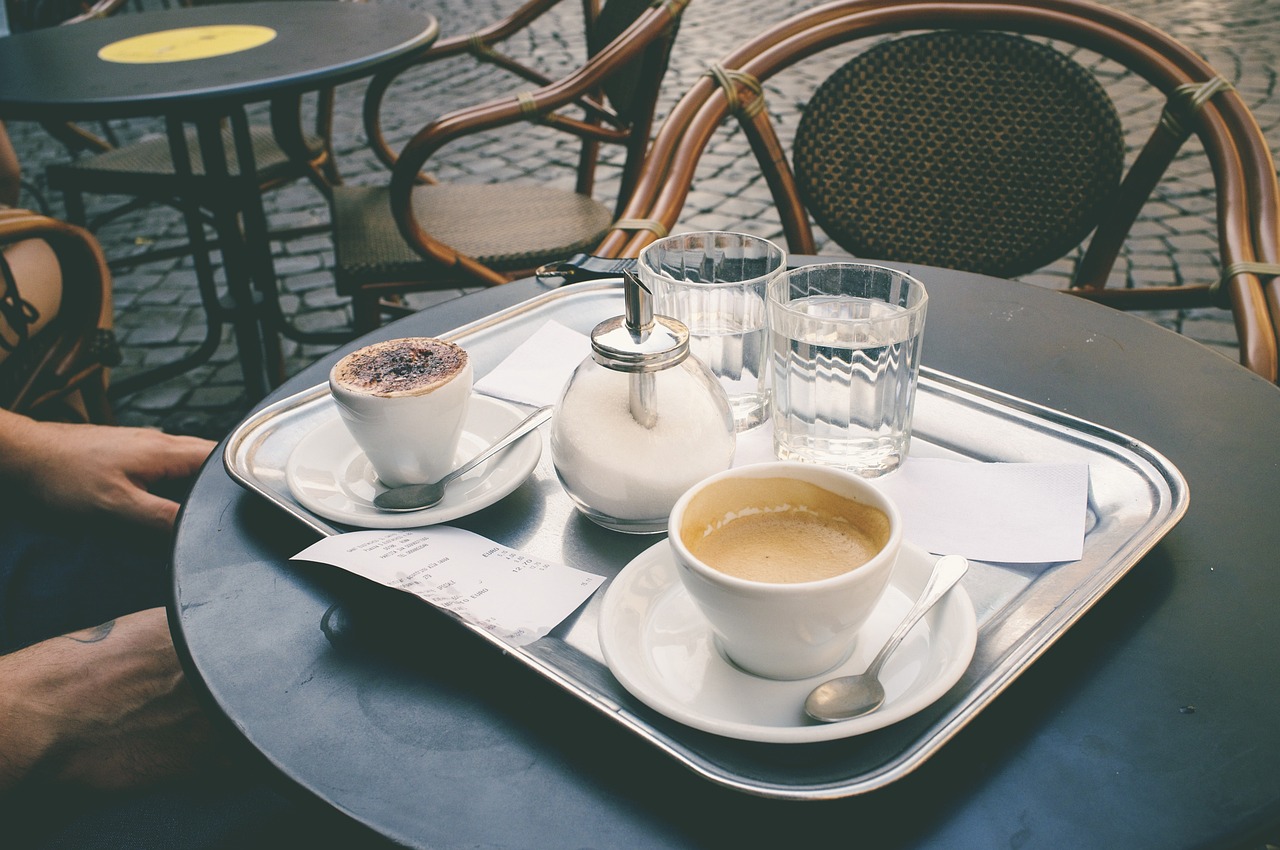Even though Bangladesh may not be the first place that springs to mind when you think about coffee, this South Asian country has recently been quite the force in the world of coffee culture. Bangladesh’s coffee culture is worth studying for both coffee connoisseurs and inquisitive tourists due to its distinctive combination of history and innovation. So let’s go on a barista adventure and learn about Bangladesh’s vibrant coffee culture.
Bangladesh’s Coffee History in Brief
Bangladesh has a strong history of tea planting that dates back to the British colonial era, despite the fact that it may not have the extensive coffee traditions of nations like Ethiopia or Colombia. But during the last ten years, urban inhabitants and the younger generation have become more fond of coffee.
New Coffee-Producing Regions
Bangladesh’s coffee scene is mostly focused in the country’s mountainous parts, especially in places like Sylhet and the Chittagong Hill Tracts. These areas offer the perfect climate and height for coffee growth.
Varieties of Bengali coffee
Robusta and Arabica are the two main varieties of coffee grown in Bangladesh. Arabica coffee is praised for its more delicate, fruity undertones, but Robusta coffee is renowned for its powerful, bitter flavor and is frequently used in espresso mixes. Each type has distinctive qualities that make it appropriate for different coffee recipes.
Coffee Plantations and Farms
Visit coffee fields and plantations in the mountainous areas to get a true sense of Bangladesh’s coffee culture. Here, you can see how coffee is made from seed to cup, from planting to harvest to roasting to brewing.
Coffee customs in the region
Bangladesh has unique coffee customs and styles. “Mud coffee” or “kopi gorom,” which entails brewing coffee in a pot with sugar and cardamom, is a well-liked local coffee concoction. It’s a distinctive and fragrant method to drink coffee, especially in rural places.
Specialty coffee shops and cafes
You may discover an increasing number of cafés and specialized coffee shops that cater to coffee aficionados in major cities like Dhaka, Chittagong and Sylhet. These places frequently provide a range of coffee drinks, including classic and specialty espresso-based drinks.
Training & Education for Baristas
Barista education and training programs have proliferated along with Bangladesh’s expanding coffee habit. In order to learn the finer points of making coffee, from extracting the ideal espresso shot to mastering latte art, enthusiasts may now enroll in seminars and courses.
Getting in touch with coffee farmers
Consider establishing relationships with coffee farmers and cooperatives if you have a strong commitment to sustainability and helping local communities. Numerous programs promote ethical and sustainable coffee production while enhancing the livelihoods of coffee producers.
Investigating the Special Coffee Culture
Bangladesh’s coffee culture encompasses more than simply the beverage; it also reflects the nation’s varied customs and creative spirit. Don’t pass up the chance to interact with locals, sample unusual coffee concoctions, and take in the coffee culture’s combination of contemporary and traditional components when exploring this burgeoning scene.
Final Reflections
A gratifying and educational experience may be had by setting out on a barista expedition to discover Bangladesh’s growing coffee culture. You’ll learn about a side of Bangladesh that extends beyond its tea tradition, whether you’re sipping coffee at a hip cafe in Dhaka or seeing coffee plantations in the picturesque highlands. Therefore, get ready to sample the tastes of Bangladesh’s developing coffee scene by packing your luggage and preparing your palate.

